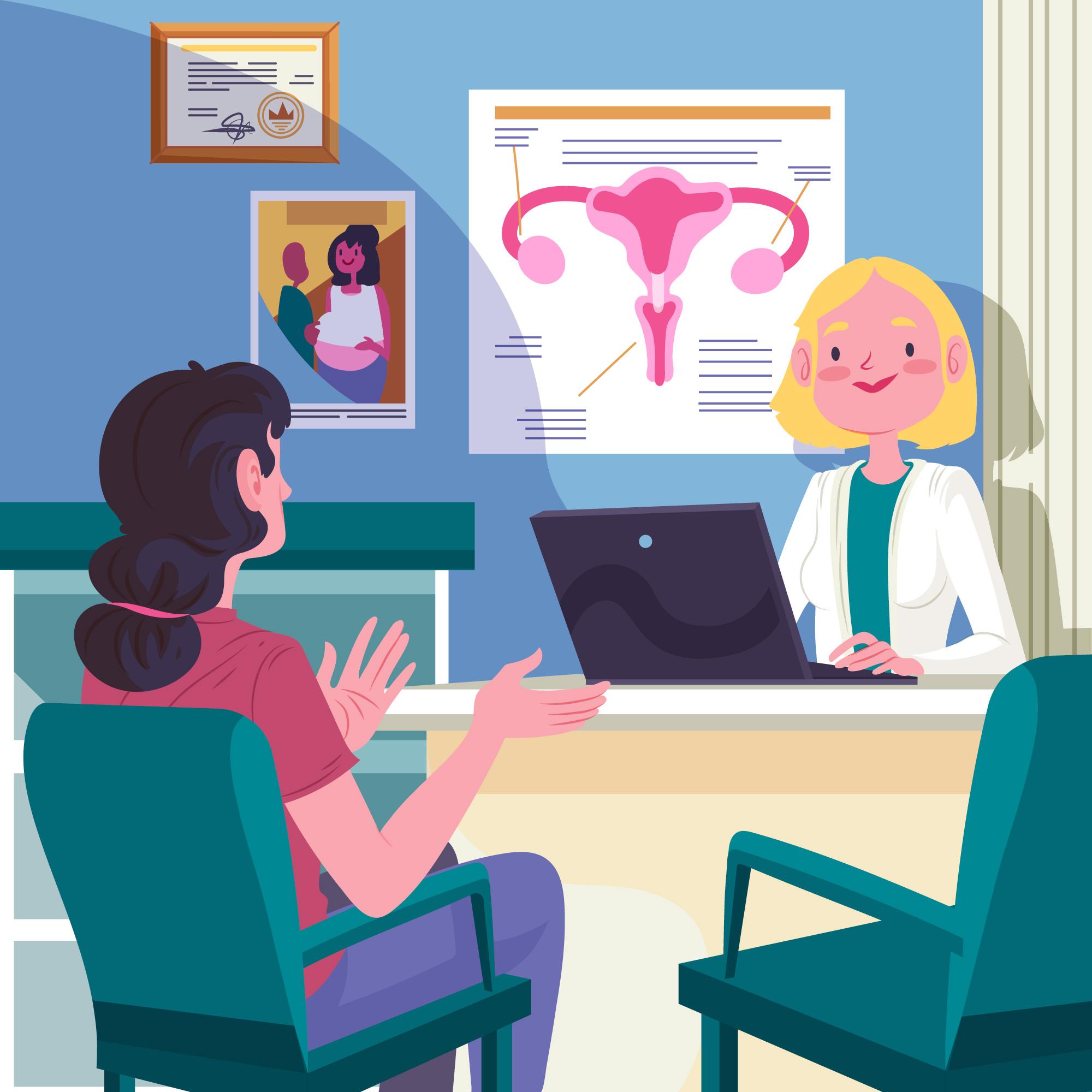Gynaecologist: Your Partner in Women's Health
Gynaecology, often referred to as "the care of women," is a vital branch of medicine dedicated to the well-being and health of females. Gynaecologists, the specialized physicians in this field, play a pivotal role in ensuring the overall health and reproductive care of women. In this comprehensive article, we will delve into the world of gynaecology, exploring their qualifications, the services they provide, and the significance of their role in the lives of women.
Table of content
Qualifications and Specializations
Gynaecological Services
Signs You Should Visit a Gynaecologist
Gynaecological Procedures and Examinations
Women's Health Throughout Life Stages
The Role of Gynaecologists in Family Planning
Gynaecology and Mental Health
Gynaecology and Sexual Health
Gynaecology in a Holistic Approach
The Importance of Regular Check-ups
Finding the Right Gynaecologist
Gynaecological Myths and Misconceptions
Empowering Women Through Knowledge
Conclusion
FAQs

Qualifications and Specializations
Gynaecologists undergo extensive training and education. They typically hold a medical degree and have completed a residency in obstetrics and gynaecology. After these foundational requirements, many gynaecologists choose to specialize in areas such as reproductive endocrinology, gynaecological oncology, or urogynaecology.
Gynaecological Services
Gynaecologists offer a wide range of services, including preventive healthcare, reproductive health treatments, and pregnancy care. They are your go-to experts for annual check-ups, cervical cancer screenings, and guidance on contraception and family planning.
Signs You Should Visit a Gynaecologist
It's essential for women to be aware of when to seek a gynaecologist's advice. Common symptoms like irregular menstrual cycles, pelvic pain, or abnormal bleeding should prompt a visit. Regular gynaecological check-ups are crucial for early detection and prevention of various health conditions.
Gynaecological Procedures and Examinations
Gynaecological exams are part of routine healthcare for women. Common procedures include pap smears, mammograms, and ultrasounds. While these tests can be intimidating, they are essential for maintaining your health.
Women's Health Throughout Life Stages
Gynaecological care is not limited to a particular age group. From adolescence to pregnancy and menopause, gynaecologists provide tailored care at every life stage. They address issues like puberty, fertility, and hormonal changes.
The Role of Gynaecologists in Family Planning
Family planning is a significant aspect of gynaecological care. Gynaecologists offer valuable advice on birth control methods and provide fertility assessments to couples looking to start a family.
Gynaecology and Mental Health
A gynaecologist's role extends beyond physical health. They are trained to address the emotional and psychological aspects of women's health. Empathy and understanding are key to providing holistic care.
Gynaecology and Sexual Health
Open and honest discussions about sexual health are encouraged during gynaecological visits. Gynaecologists can help address concerns related to sexual activity, sexually transmitted infections, and sexual dysfunction.
Gynaecology in a Holistic Approach
Gynaecology doesn't exist in isolation. It's part of a woman's overall well-being. Gynaecologists often provide guidance on lifestyle, diet, and exercise, ensuring their patients lead healthy lives.
The Importance of Regular Check-ups
Regular visits to your gynaecologist are crucial for early disease detection and overall health. These visits provide an opportunity to discuss concerns, get screened for potential issues, and receive guidance on your health.
Finding the Right Gynaecologist
Choosing the right gynaecologist is essential. Look for a doctor who makes you feel comfortable, respects your choices, and offers the best care. Building a trusting doctor-patient relationship is key.
Gynaecological Myths and Misconceptions
There are several myths surrounding gynaecology that need debunking. From pain during menstruation to misconceptions about contraception, it's essential to promote accurate information and dispel myths.
Empowering Women Through Knowledge
Knowledge is power, especially when it comes to your health. Gynaecologists encourage open conversations about women's health. Increasing your knowledge empowers you to make well-informed choices.
Conclusion
In conclusion, gynaecologists are the unsung heroes of women's health. They provide comprehensive care, from annual check-ups to pregnancy and beyond. By being proactive about your health and choosing the right gynaecologist, you can ensure a healthy and fulfilling life.
FAQs
How often should I visit a gynaecologist?
It's recommended to have an annual gynaecological check-up, but consult with your doctor for personalized advice.
Are gynaecological exams painful?
Gynaecological exams may be uncomfortable, but they shouldn't be painful. Your doctor will ensure you are at ease during the examination.
Can I consult a gynaecologist for mental health issues?
Yes, gynaecologists can provide support and guidance for emotional and psychological concerns related to women's health.